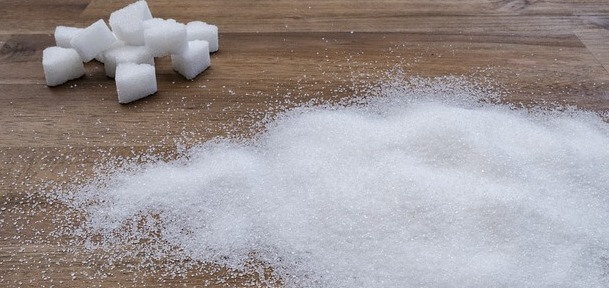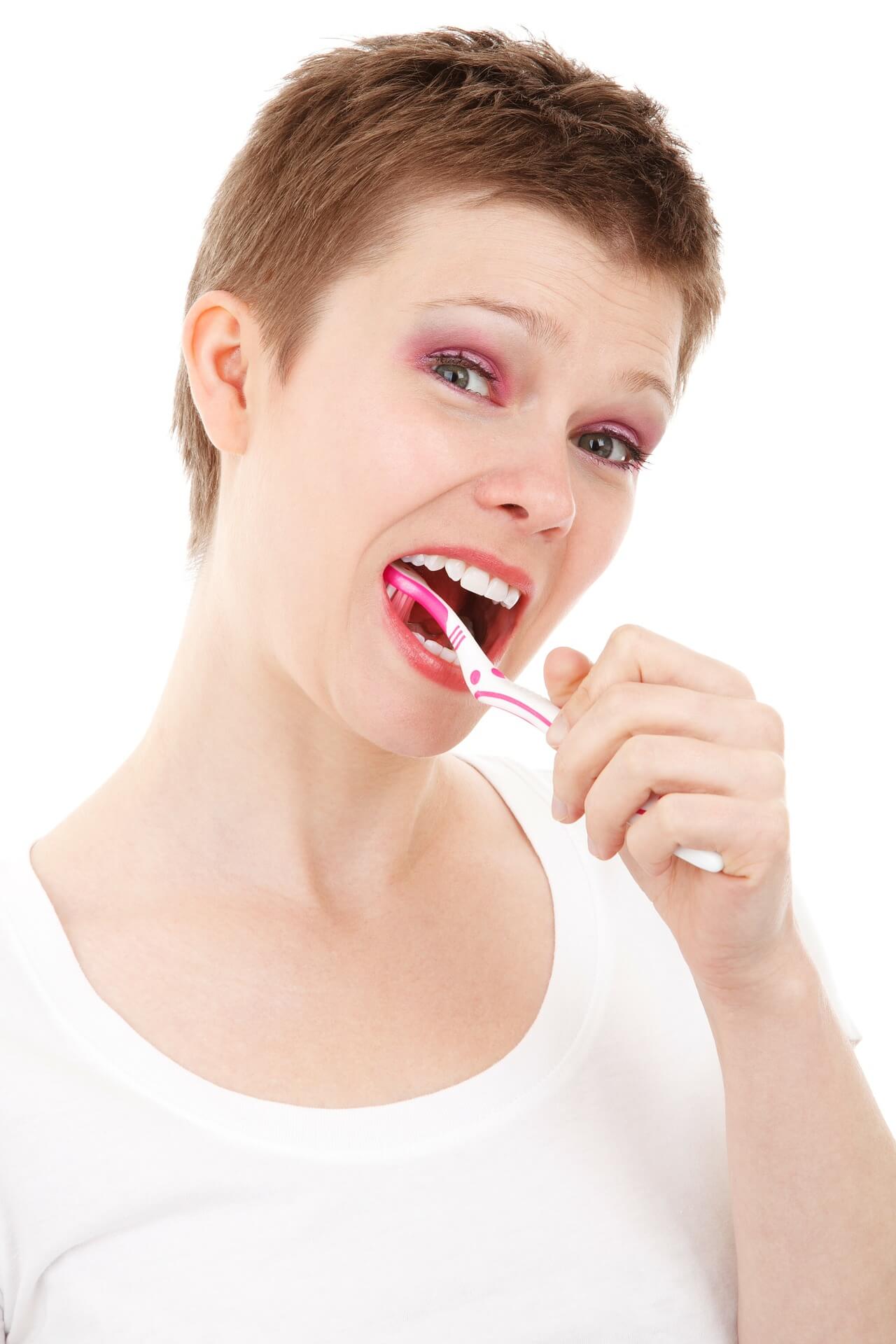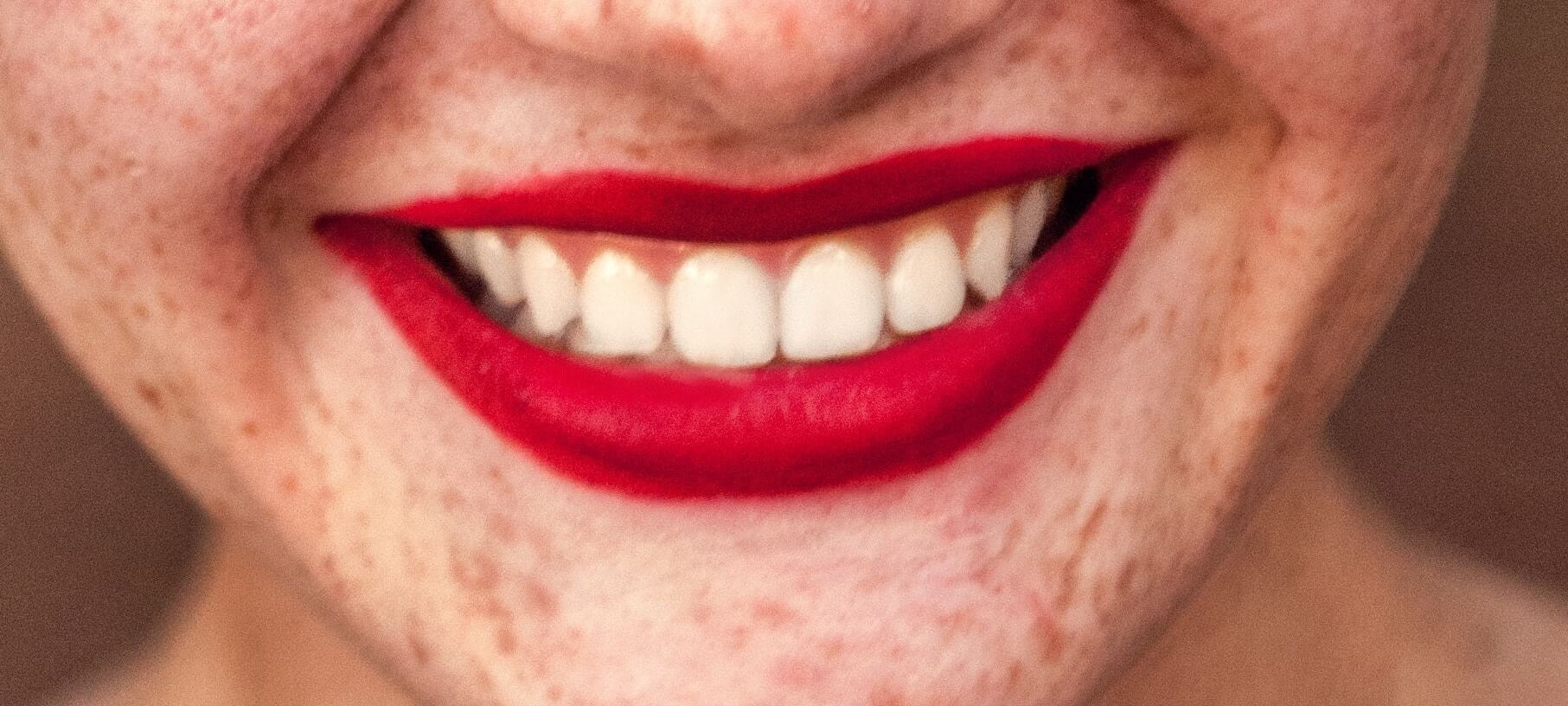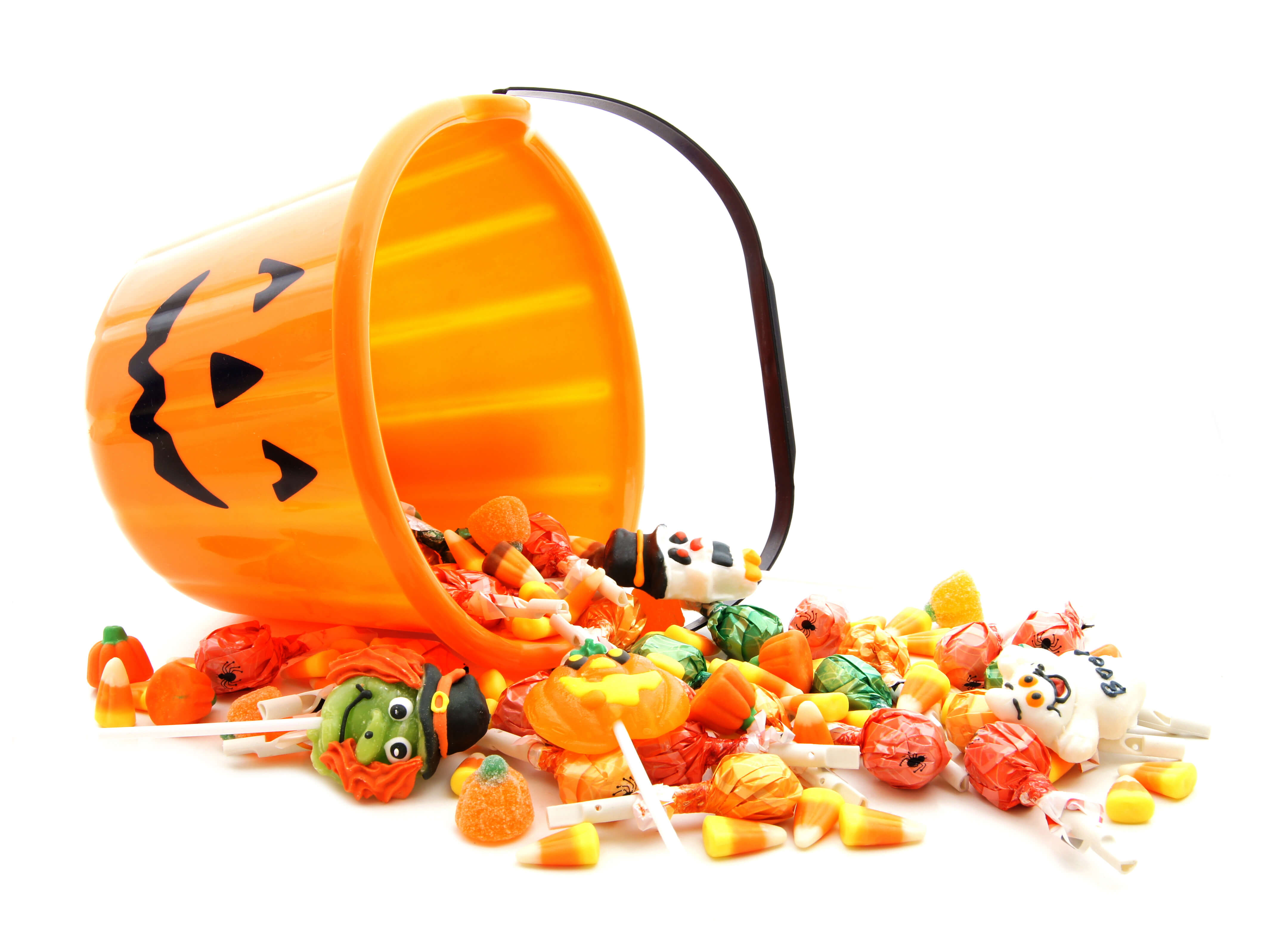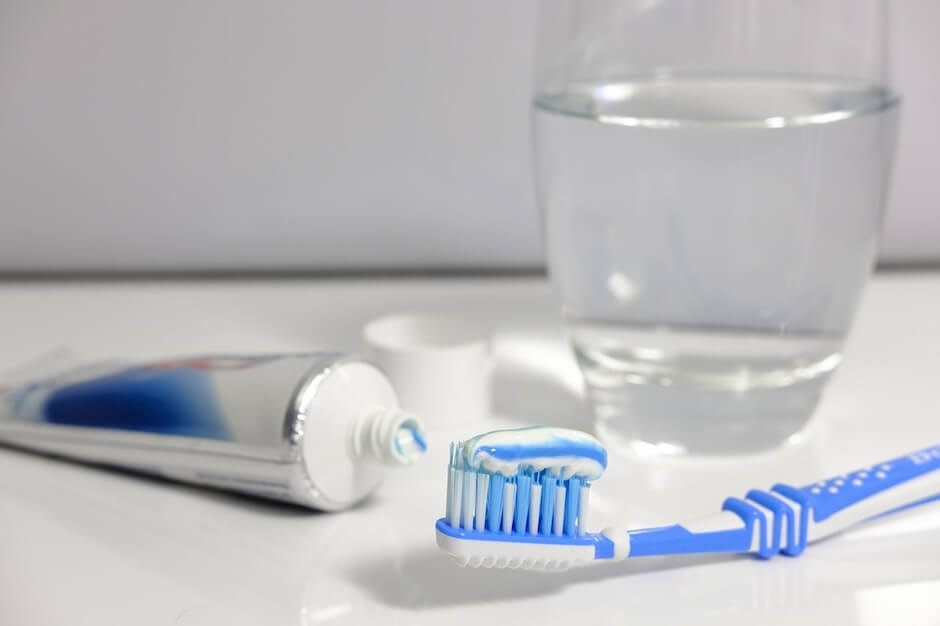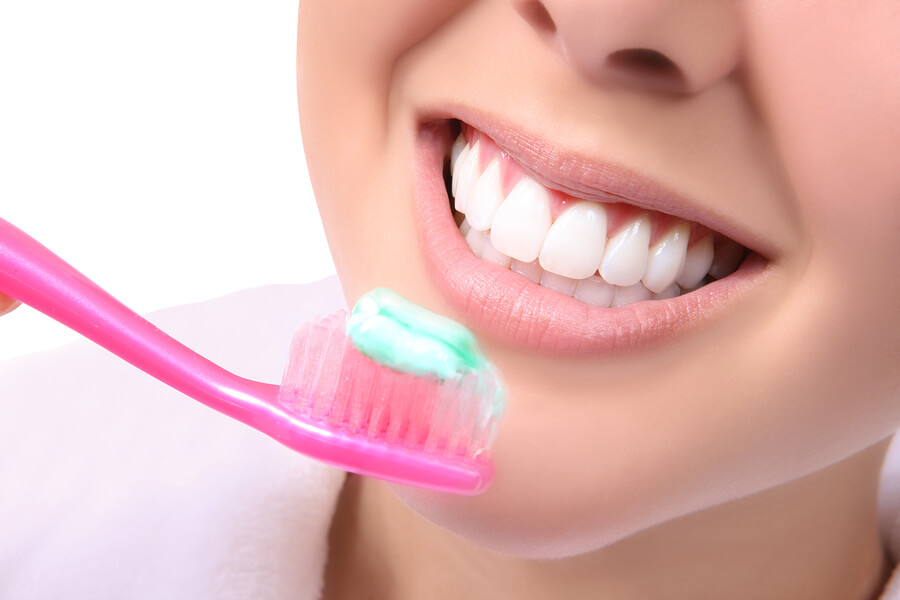According to the American Sleep Association, adults need from 7-9 hours of sleep each night. But up to 40% do not meet this minimum. And adolescents and children require even more pillow time. Sadly, the fast-paced culture that we live in is a major contributor. Everyday stress from balancing work, family, school, and other responsibilities contribute to a society where being stressed-out is the norm. Let’s take a look at how stress and sleep are related.
Brain function
Sleep benefits neuronal plasticity, the brain’s ability to form new neural connections. This allows neurons in the brain to compensate for injury and disease as well as adjust in response to new situations or changes in the environment.

The hippocampus portion of the brain suffers the most when we become sleep deprived. A lack of sleep always results in a decrease of intercellular communication in this area of the brain. This ultimately affects glutamate receptors. These neurotransmitters are vital for important neural communication, memory formation, and learning. Therefore, sacrificing a night of sleep to study for that exam may be counterproductive because of the resulting memory impairment.
Worst case scenario for your brain is when severe sleep deprivation leads to or exacerbates neurologic and neurodegenerative diseases, including Alzheimer’s and schizophrenia.
Mood
Everyone knows the telltale signs of an overtired toddler: crying, tantrums, anger, aggression, despair, etc. That missed nap surely takes its toll, and not just on the screaming child. Sleep is vital to mood regulation.

Your body’s natural circadian rhythm is responsible for mood regulation. Disruption to this natural rhythm affects your brain’s output of dopamine, resulting in mood disorders, ranging from grouchiness and lethargy to depression and mania-like behavior.
The bottom line is, without proper sleep we are at an increased risk of mood dysregulation. Without proper sleep, we experience more depression, anger, confusion, anxiety, lack of vigor, and fatigue.
Physical Health
While you sleep, your body is busy repairing bones, muscles, organs, and cells. Hormones are regulated and your immune system is tuned up. Fluids are moved throughout the body. Toxins are flushed and removed. Shutting down is important so those background processes can keep the system running.

When you are sick, you have an increased need for sleep. Even mild sleep deprivation leads to decreased immune function and increased susceptibility to infection. If you don’t give your body the rest it needs to combat an illness, you will be sick longer and more frequently.
Inadequate sleep also contributes to an increased incidence of cardiovascular diseases, such as coronary artery disease, hypertension, and arrhythmias. When we miss out on rest, we also increase our risk of metabolic disease, such as liver disease, diabetes and obesity.
So now that we understand why sleep is so important, let’s look at the relationship between stress and sleep.
Stress Causes Sleep Deprivation
Ever laid in bed waiting for sleep but just can’t shut off your brain? Worries, fears, demands, and expectations just keep playing and playing in your mind and sleep remains just out of reach. Often, we shorten our sleep time in effort to squeeze in a few more hours of work or school. Adequate sleep is often sacrificed on the altar of productivity, but ironically, productivity decreases in direct proportion to sleep.
Sleep Deprivation Causes Stress
Sleep deprivation elevates concentrations of the stress hormones cortisol, epinephrine, and norepinephrine. In this way, a lack of sleep means we are not only less adept to handle stress, but we are also more susceptible to becoming stressed.

It’s a Vicious Cycle
When we are stressed, we have trouble sleeping. Likewise, when we are overtired, we experience more stress. So how do we break out of this cycle?
Finding a way to de-stress is imperative for your health and well being. Getting off the hamster wheel will help you to live a more fulfilled life. Realize that your body needs sleep like it needs air and food and water to function. When we deprive our bodies of basic needs, things start falling apart.
Finding Stress Relief

There’s no right way to relieve stress. The answer is to find what works for you and do that. For some people, walking or other exercise helps them chill. Maybe reading, dancing, knitting, planting a garden, or another hobby is the way to wind down. Listening to calming music and allowing your mind to empty can bring relief from a stressful day. Practicing meditation, deep breathing, and yoga are sure fire ways to help ease your mind. The point is, don’t just wait for life to slow down and stress to magically disappear because, let’s face it, that’s just unrealistic.
We’ve got to take proactive measures and be deliberate about reducing the stress in our lives. Or the stress will do the reducing. Reducing sleep, reducing health, reducing joy.
Looking for ways to wind down? Check out this post about how Yoga Nidra can relieve stress and help you sleep better. Yes, please!




